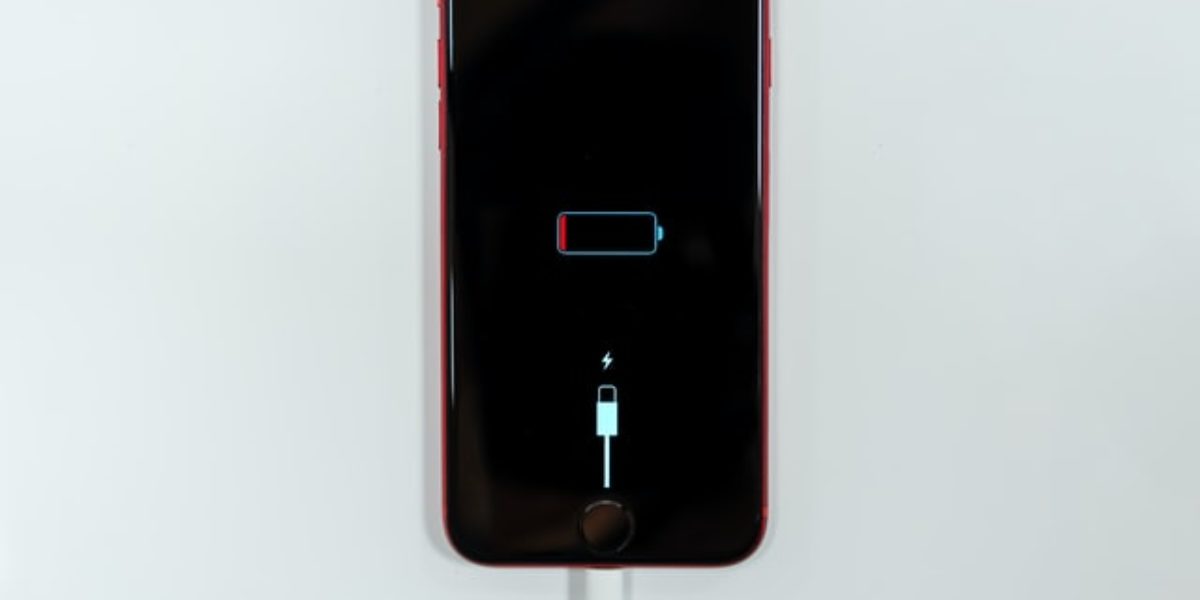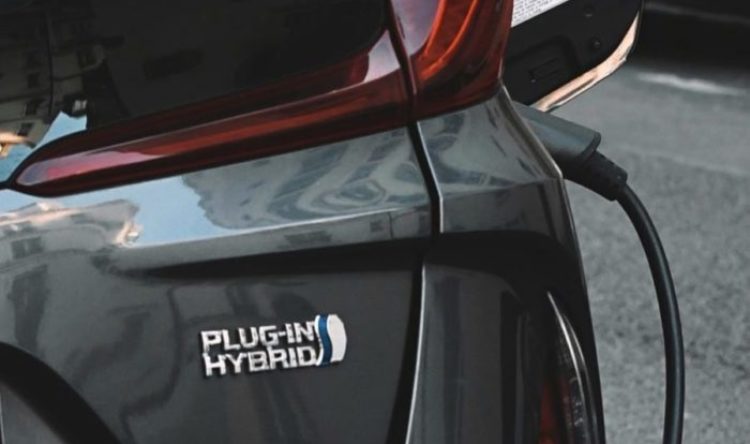EV grants unplugged
Government scraps the plug-in-grant
The government’s ‘plug in grant’ has been scrapped.
This was the last available subsidy for personal electric cars. However, the government argue that the money will be better spent on expanding the charging network.
It’s a move that makes the UK the only large European country without incentives for electric cars.
Unplugged
Launched in 2011, the plug-in grant handed subsidies to motorists purchasing electric vehicles. Initially set at £5,000, the grant has been cut several times in the last few years. Most recently it dropped to £1,500 with a price cap for new vehicles under £32k. This latest move comes despite the government banning the sale of new petrol and diesel vehicles from 2030.
With EV sales increasing dramatically over the last two years, the government believes the momentum is now unstoppable and the grant incentive unnecessary. been pared back to £1,500 as the price of EVs has fallen and their market share has grown.
It had been due to run until 31 March 2023.
Short circuits
The scheme was always intended to be temporary, the Department for Transport said, and had fulfilled its purpose. While fewer than 1,000 pure electric vehicles were sold in 2011, nearly 100,000 rolled off lots in the first five months of 2022 alone.
Sales of purely electric vehicles have risen by 70% in the last year. They now account for one in six new car sales. With hybrids included, electric vehicles now represent more than half of all new car sales.
Previous reductions in the size of the grant and the number of models it covers hasn’t slowed the acceleration of demand for EV. Meanwhile, manufacturers are producing more and more EV models.
On a charge
The government will now refocus its attention on the “main barriers to the EV transition: … public charging and supporting the purchase of other road vehicles,” according to the Department for Transport statement.
Improving the public charge point network will eliminate “range anxiety” and ensure low-carbon emissions are accessible to drivers across the UK. The Department for Transport noted that the government has already committed to spending £1.6 billion on expanding public charging.
£300 million originally earmarked for the ‘plug in grants’ will also be channeled into subsidies for other types of electric vehicles. These include electric taxis, vans, trucks, motorcycles, and wheelchair accessible vehicles, all of which have seen lower adoption.
Mixed messages
“We now want to use plug-in grants to match that success across other vehicle types, from taxis to delivery vans and everything in between,” says Transport Minister Trudy Harrison.
However, Society of Motor Manufacturers and Traders (SMMT) believes it sends the “wrong message”.
Mike Hawes, chief executive of the trade body, said: “We are now the only major European market to have zero upfront purchase incentives for EV car buyers yet the most ambitious plans for uptake.
He says the “sector not yet in recovery” from the lockdowns, supply issues and now a cost of living crisis.
“This decision comes at the worst possible time. If we are to have any chance of hitting targets, government must use these savings and compel massive investment in the charging network, at rapid pace and at a scale beyond anything so far announced.”
Too expensive?
Last year, a survey from AA revealed that four in five drivers find EVs too expensive.
But the government maintained that the “significant savings” in the running costs for electric cars compared to petrol or diesel equivalents often exceed the current £1,500 value of the grant. Electric car drivers also still benefit from zero road tax.





